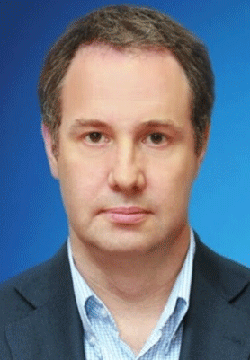A New York court found former Mozambican finance minister Manuel Chang guilty of fraud and money laundering in the $2-billion scandal.
dailymaverick.co.za reports. Former Mozambican finance minister Manuel Chang was convicted in a Brooklyn, New York court on Thursday, 8 August 2024, for his role in the $2-billion “hidden debts” fraud, bribery and money laundering scheme in his country in 2013 and 2014.
A federal jury found him guilty of one count of conspiracy to commit wire fraud and one count of conspiracy to commit money laundering. He faces a maximum penalty of 20 years in prison on each count. A federal district court judge will determine his sentence. It is not yet clear if he intends to appeal.
The jury reached its verdict after three weeks of trial and three days of deliberation.
“Today’s verdict is an inspiring victory for justice and for the people of Mozambique, who were betrayed by a corrupt high-level public official whose greed and self-interest sold out one of the poorest countries in the world,” said Breon Peace, US Attorney for the Eastern District of New York.
“Chang now stands convicted of pocketing millions in bribes to approve projects that ultimately failed, laundering the money and leaving investors and Mozambique stuck with the bill.”
Chang’s conviction has also been hailed as a victory for South African justice – but also an indictment of the executive – as it was the climax of a protracted legal process which began with his arrest at Johannesburg’s OR Tambo International Airport in December 2018 and wound through the South African courts for almost five years.
The Gauteng Division of the High Court in Johannesburg twice overturned orders by two different South African justice ministers that he should be extradited to Mozambique. But advocates representing the Mozambican NGO Fórum de Monitoria do Orçamento (FMO) – Forum for Monitoring the Budget – argued that he would very likely escape justice in Mozambique, and so in November 2021 the Johannesburg court ordered him to be extradited to the US. This decision was later confirmed by the Supreme Court of Appeal and the Constitutional Court, and Chang was finally extradited to the US in July 2023.
“While serving as finance minister of Mozambique, Manuel Chang obtained $7-million in bribe payments in exchange for signing guarantees to secure more than $2-billion in loans,” said principal deputy assistant attorney-general Nicole Argentieri, head of the US Justice Department’s criminal division. “
The loans were supposed to finance the purchase of tuna-fishing vessels and maritime patrol boats as well as maintenance facilities supplied by the Privinvest Group, a United Arab Emirates-based shipbuilding company, to three Mozambique state-owned companies, Proindicus, Ematum and MAM. But the New York court heard that Chang and his co-conspirators at Privinvest and in Credit Suisse and VTB banks, which loaned the US$2-billion, diverted more than US$200-million of the loans to pay bribes to Chang and others.
“Not only did Chang’s abuse of authority betray the trust of the Mozambican people, but his corrupt bargain also caused investors – including US investors – to suffer substantial losses on those loans,” Argentieri said. Prosecutors said investors lost money because the loans from Credit Suisse and VTB bank were sold onto investors including some Americans. It was this defrauding of US citizens which decided the US on prosecuting Chang and seeking his extradition from South Africa.
“Chang now stands convicted of pocketing millions in bribes to approve projects that ultimately failed, laundering the money and leaving investors and Mozambique stuck with the bill,” Argentieri said
The New York court heard that of the US$200-million in bribes, Privinvest paid Chang and other Mozambican government officials more than US$150-million to ensure that the Mozambican state-owned companies Proindicus, Ematum and MAM entered into the loan arrangements and that the government of Mozambique guaranteed those loans.
“The loans were subsequently sold in whole or in part to investors worldwide, including in the United States. In so doing, the participants defrauded these investors by misrepresenting how the loan proceeds would be used,” the US Justice Department said. “Ultimately, Proindicus, Ematum and MAM each defaulted on their loans and proceeded to miss more than $700-million in loan payments, causing substantial losses to investors.”
The jury convicted Chang on one count of conspiracy to commit wire fraud and one count of conspiracy to commit money laundering. He faces a maximum penalty of 20 years in prison on each count. “A federal district court judge will determine any sentence after considering the US Sentencing Guidelines and other statutory factors,” the US Justice Department said in a statement.
It also noted that in a separate case in October 2021, Credit Suisse AG and CSSEL (together, Credit Suisse) had admitted to defrauding US and international investors in the financing of an $850-million loan for the Ematum project.
“CSSEL pleaded guilty to conspiracy to commit wire fraud and Credit Suisse AG entered into a deferred prosecution agreement with the criminal division’s fraud section and money laundering and asset recovery section (MLARS), and the US Attorney’s Office for the Eastern District of New York.
“As a part of the resolution, Credit Suisse paid approximately $475-million in penalties, fines and disgorgement as part of coordinated resolutions with criminal and civil authorities in the United States and the United Kingdom.”
The case acquired the moniker of “hidden debts” because the Mozambique government concealed the US$2-billion in loans from parliament and international creditors, including the IMF, which withdrew its support when it found out.
Nicole Fritz, former head of the Southern Africa Litigation Centre and of the Helen Suzman Foundation – which joined the litigation to have Chang extradited to the US – hailed his conviction.
“The US verdict can’t stand as anything but an indictment of the SA justice system. It is true that SA ultimately extradited Mr Chang to the US, but this was only after much to-ing and fro-ing about whether to do so,” she told Daily Maverick.
“At different points, the SA government indicated that they would choose instead to extradite him to Mozambique where he would almost certainly have been guaranteed immunity. It was only the intervention of Mozambican civil society, and the solidarity of SA civil society, through the courts that ensured he was transferred to the US.
“It is worth noting that the period between his arrest in Johannesburg in 2018 and his extradition to the US in 2023 far, far exceeds the time in which it took the US to mount a jury trial and secure a conviction. “Whatever else that tells us, it should shame our criminal justice system for the endless delays we suffer in securing any relatively high-profile convictions.
“It should also be noted that while Chang’s conviction is an important outcome in the fight against impunity for political leaders in southern Africa, his conviction and corresponding actions — such as that against Credit Suisse — do much more to set to rights US investors than the primary victims of this scheme — the people of Mozambique who are made that much more impecunious by having to shoulder the repayments of this criminal, fraudulently obtained loan.
“Again, it is to SA’s discredit that we looked initially to stifle what little possibility of justice existed for the people of Mozambique by seeking to facilitate Chang’s return to Mozambique. But that is entirely in keeping with the ethos of the Zuma administration and Michael Masutha, his minister of justice.”
Mozambique NGO the Centre for Public Integrity also welcomed Chang’s conviction, noting: “ Chang becomes the first former member of the Mozambican government to be convicted abroad for corrupt practices while a member of the government.”
It noted that Chang was initially charged with three crimes, but one was dropped on the eve of the start of the trial – the charge of conspiracy to commit securities fraud.
In South Africa, the Chang extradition case became a great test of the power of justice to prevail over political interests. Two justice ministers, Michael Masutha, in then-president Jacob Zuma’s Cabinet, and then later Ronald Lamola, in President Ramaphosa’s Cabinet, ordered him to be extradited to Mozambique, largely, it seemed, because of the fraternal relations between the ANC and Mozambique’s Frelimo government.
But in 2019 Advocate Max du Plessis, appearing in the Gauteng Division of the High Court in Johannesburg case for the Helen Suzman Foundation – as a friend of the court – argued that the South African government was obliged to put law before politics, including foreign politics, by extraditing him instead to the US.
He insisted that even the most political decisions “are not immune from legal challenge. Nor does the field of international relations provide a cloak which shields such decisions from judicial scrutiny.”
He quoted Judge Kate O’Regan saying in a different case: “There is nothing in our Constitution that suggests that, in so far as it relates to the powers and obligations imposed by the Constitution upon the executive, the supremacy of the Constitution stops at the borders of South Africa.”

(Elizabeth Williams via AP)


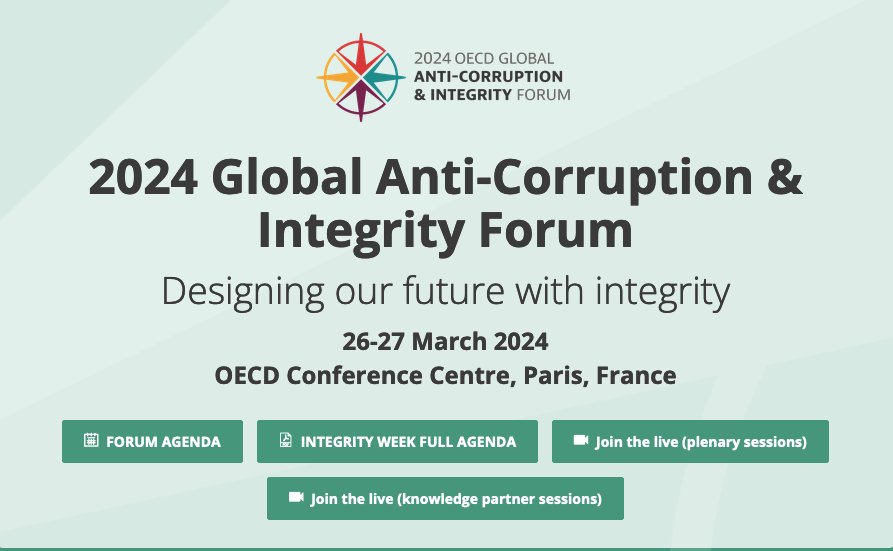
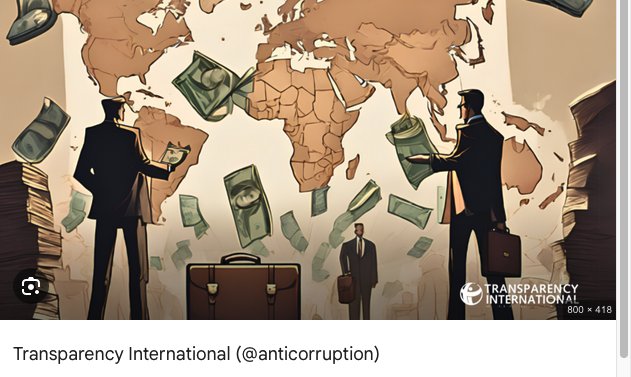
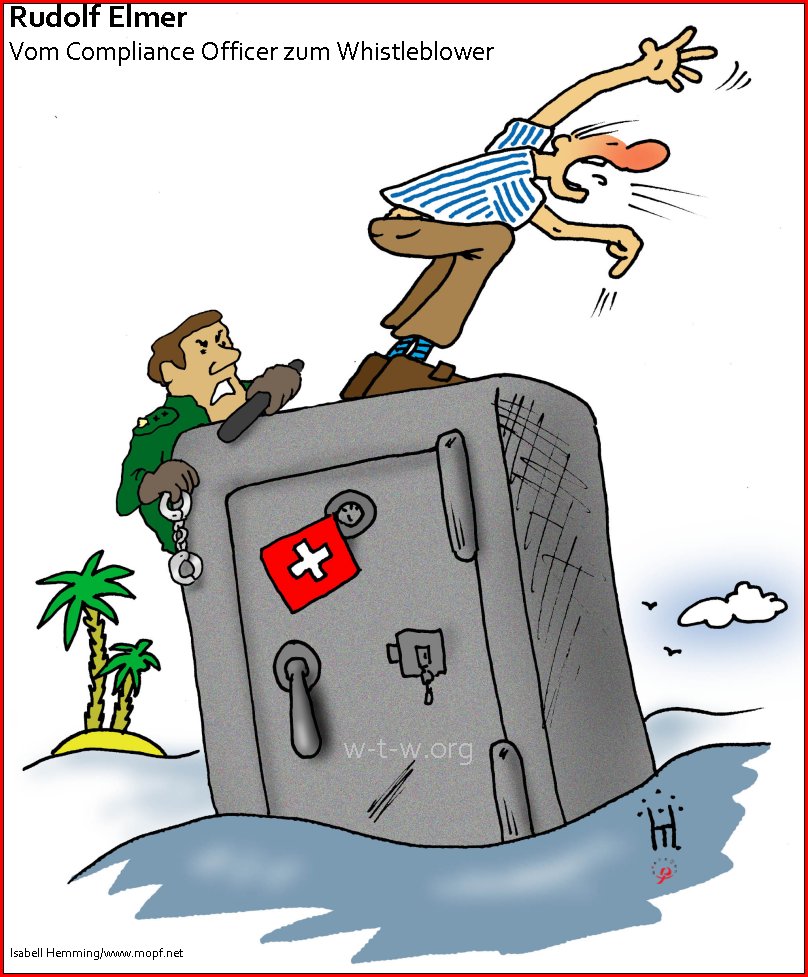
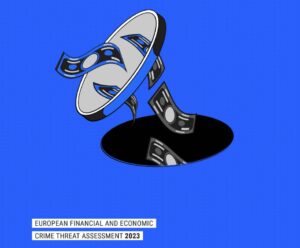
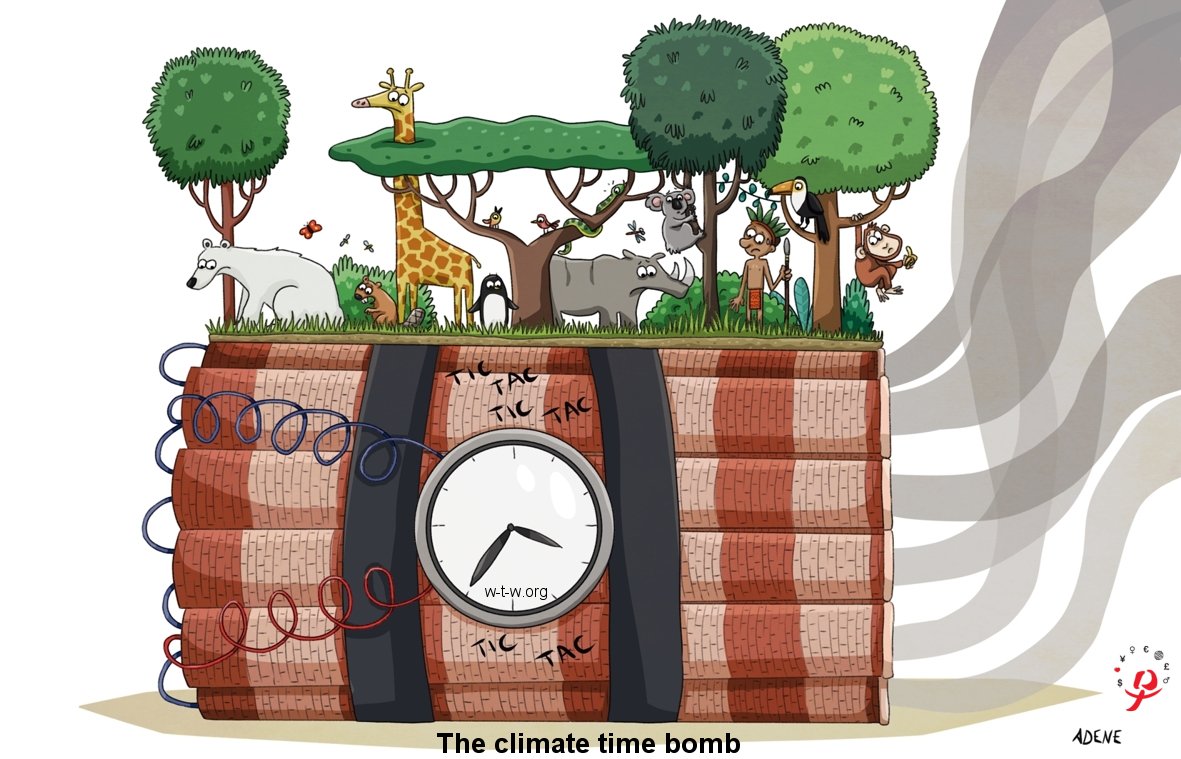
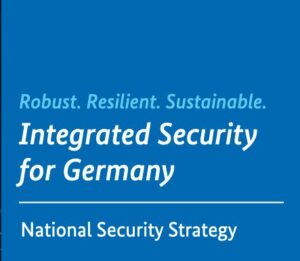


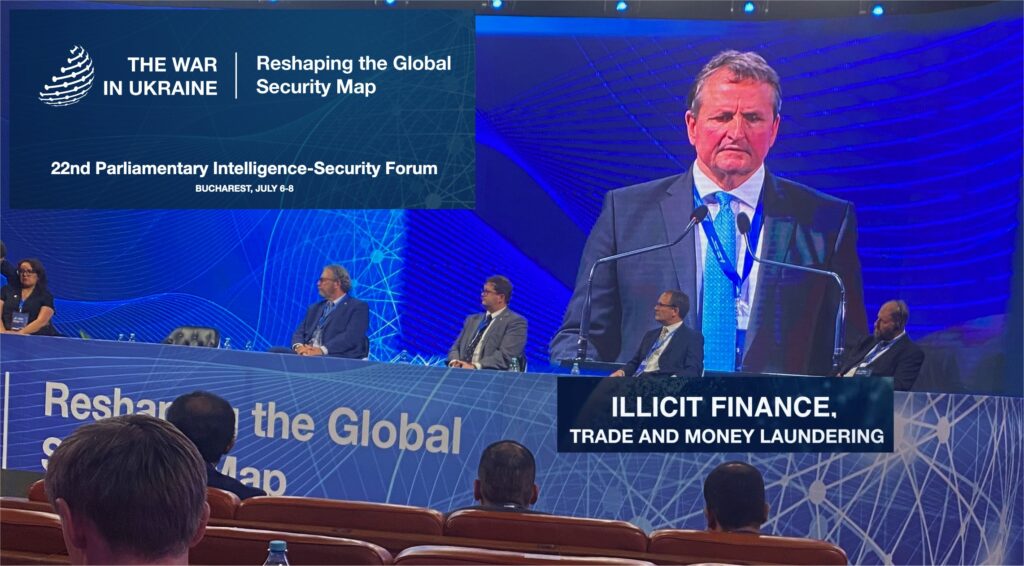
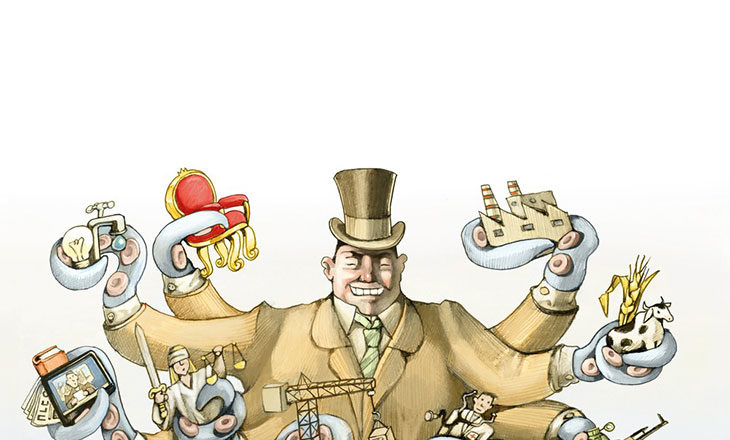 Photo Credit: globalintegrity.org
Photo Credit: globalintegrity.org